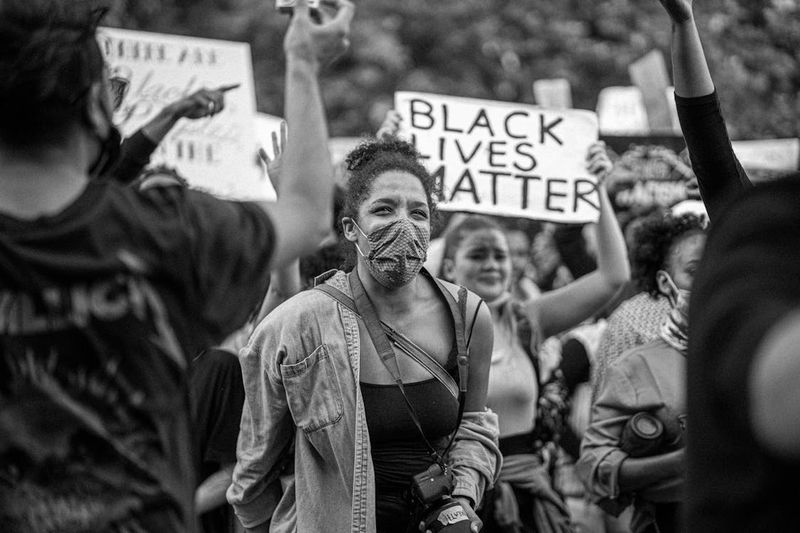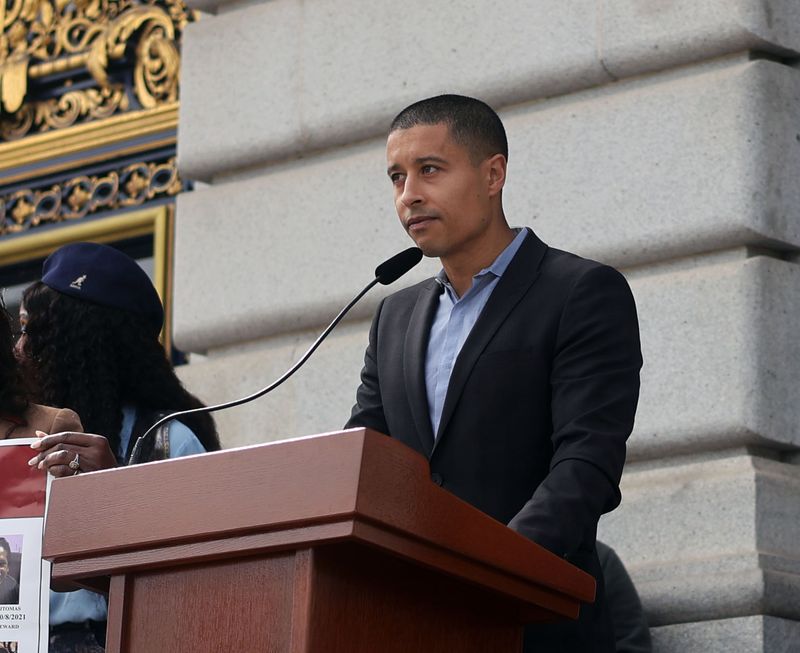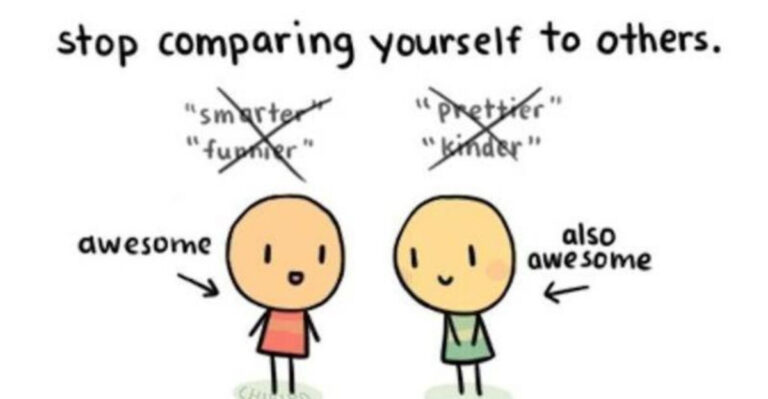17 Definitive Signs Your Morals Are Stronger Than Most People, According To Psychology
We often don’t truly understand someone’s morals until they are put to the test. Those with strong morals exhibit a quiet strength, standing firm in their values without seeking recognition.
Here are 17 signs that your morals may be stronger than most, according to psychology. Each sign reflects a specific behavior that demonstrates moral strength, revealing integrity, honesty, and kindness in various situations.
1. You speak up even when your voice shakes

In a world where silence can be the easiest escape, speaking up is a bold testament to one’s moral fiber. The courage to vocalize discomfort in the face of wrongdoings underscores a commitment to integrity. It’s not about seeking approval but about aligning actions with inner beliefs. The room may be filled with dissenters, yet you remain steadfast in their convictions.
Though your voice may quiver, the strength of their message resonates. The act of speaking up, even when nervous, highlights a profound moral strength, a willingness to be vulnerable in pursuit of justice. This commitment to truth is an unwavering beacon of integrity.
2. You hold yourself accountable without being asked

Holding oneself accountable is a private act of moral strength. This practice of self-accountability is not about performing for others; it’s an instinctive drive to maintain personal integrity. Owning up to one’s errors, even in solitude, speaks volumes about a person’s character.
In this quiet moment, you demonstrate a commitment to self-improvement and authenticity. The act of reflection and admission is a testament to their inner strength, embodying a profound respect for truth. Accountability becomes a pathway to growth, fostering a life led by genuine values.
3. You say no when it would be easier to say yes

Saying no when it’s easier to say yes is a powerful exercise in self-respect and moral clarity. This refusal isn’t an act of defiance but a commitment to values that transcend temporary gains. The ability to say no, even when it could lead to discomfort, reflects an unwavering adherence to personal ethics.
In a world where conformity is often rewarded, standing firm in one’s principles is a testament to moral strength. This decision, made in a room full of potential pressures, embodies the quiet integrity that defines true character.
4. You treat people with kindness, even when no one’s watching

True kindness manifests in moments unseen by others. There’s no applause, no audience—just an innate sense of compassion.
This act of kindness, performed without expectation of recognition, highlights a genuine moral strength. It reflects a heart that values the well-being of others, devoid of self-interest or ulterior motives.
Kindness, in its most authentic form, is a silent testament to one’s character. By extending a helping hand when no one is watching, you demonstrate that your moral compass is guided by empathy and humanity. Such acts are the unsung heroes of everyday life.
5. You refuse to gossip, even when it makes you feel left out

In social circles, gossip can often be a tempting bandwagon. This choice reflects a steadfast dedication to integrity and respect for others. By not engaging in gossip, even if it means feeling isolated, you prioritize the dignity of themselves and others over fleeting social approval.
Choosing silence over participation in harmful talk is a subtle yet powerful act of moral strength. It speaks to a character that values authenticity over conformity, cultivating a life rooted in respect and honesty.
6. You admit when you’re wrong—without excuses

Admitting mistakes without making excuses is a rare and admirable quality. This admission isn’t just about correcting an error; it’s about upholding transparency and accountability. By owning up to your mistakes, you foster an environment of trust and respect among peers.
In a world where deflecting blame is common, this act showcases moral courage. It reveals a commitment to truth and a desire to learn and grow. Such honesty is not a sign of weakness but a profound strength that builds authentic connections.
7. You protect the vulnerable, not just the powerful

Protecting the vulnerable requires courage and empathy. This action reflects a deep-seated belief in justice and compassion. By choosing to defend those who are often overlooked, you demonstrate a moral strength that champions equality and fairness.
Your loyalty lies with those who need it most, not those who wield power. Such actions, driven by empathy and courage, illuminate a path of quiet leadership, fostering a world where kindness prevails over intimidation.
8. You won’t manipulate—even if you could easily get away with it

Manipulation may offer easy wins, but integrity forgoes shortcuts. This introspection highlights an inner commitment to fairness and honesty. Though the opportunity to manipulate is present, you choose integrity over victory.
Your decision underscores a profound moral strength, valuing genuine skill and fair play above deceit. This choice, made in the quiet contemplation of a game, mirrors broader life principles, where ethics triumph over mere success.
9. You live by you values, not just your moods

Living by values rather than fleeting moods speaks to a deep moral compass. This practice isn’t swayed by the ebbs and flows of emotion but anchored in steadfast principles. By prioritizing values over transient feelings, you cultivate a life of consistency and authenticity.
Your commitment to inner beliefs, even amidst external chaos, reflects a profound moral strength. This alignment with values fosters a sense of peace and purpose, guiding you through life’s uncertainties with clarity and grace.
10. You draw hard lines with unethical behavior—even from people you love

Setting boundaries with loved ones over unethical actions demands courage and integrity. Your disapproval isn’t an act of judgment but a reflection of a commitment to core values. Even when relationships are at stake, you choose to stand firm against wrongdoing.
Your resolve illuminates a path of authenticity, where loyalty to principles outweighs blind allegiance. By prioritizing ethics over comfort, you foster relationships built on mutual respect and honesty.
11. You don’t bend the truth to avoid discomfort

Honesty in uncomfortable situations is a testament to one’s moral integrity. This commitment to truthfulness isn’t about confrontation but rather a dedication to authenticity and transparency. By refusing to bend the truth, you prioritizes integrity over temporary ease.
Your demeanor reflects a deep-seated respect for honesty, even when it comes at a personal cost. This unwavering stance is a beacon of moral strength, fostering genuine connections and mutual understanding.
12. You don’t tolerate cruelty—even in jokes

Humor can often mask hidden cruelty, but not for those with strong morals. This intervention isn’t about policing humor but asserting that kindness and respect should prevail. By challenging the seemingly harmless, your reinforce a culture of empathy and inclusivity.
Your stand may be quiet, but it speaks volumes about their values. By refusing to accept cruelty in any form, you contribute to an environment where everyone feels valued and respected.
13. You think before they speak—because words carry weight

Thoughtful speech reflects a profound awareness of the power of words. This moment of reflection underscores a respect for the impact of words. By choosing your expressions carefully, you demonstrate an understanding that communication shapes relationships and perceptions.
Your thoughtful approach embodies a moral strength that values clarity and empathy. This consideration fosters dialogues rooted in understanding and mutual respect, enhancing community connection.
14. You make decisions based on fairness—not favoritism

Fairness over favoritism shows true character. Your choices, free from personal bias, demonstrate a commitment to equity and integrity. By focusing on fairness, you ensure that all team members are valued and given equal opportunity.
This dedication to impartiality fosters trust and respect, creating a team dynamic grounded in justice. Such leadership illuminates the path of moral strength, where principles guide actions beyond personal inclinations.
15. You feel deeply uncomfortable benefiting from injustice

Benefiting from injustice can leave a moral discomfort that demands action. Your presence amidst the crowd isn’t just about support; it’s a personal stand against benefiting from systemic inequities. By aligning your actions with beliefs, they reject silent complicity.
This discomfort with injustice fuels a passion for change, highlighting a moral strength that seeks to right societal wrongs. Your voice, though one among many, resonates with a commitment to fairness and integrity.
16. You stay grounded when others turn a blind eye

Staying grounded amidst apathy reflects a resilient moral compass. Your ocus and composure amidst indifference highlight a dedication to addressing what matters. By resisting the urge to conform to collective blindness, they uphold a commitment to truth and action.
This grounded stance serves as a reminder of the importance of moral clarity. Your determination to act when others turn away is a testament to their unwavering principles.
17. You lose people for standing up—but do it anyway

Standing up for one’s beliefs can sometimes mean walking away. Your departure isn’t a loss but a reaffirmation of their moral convictions. By prioritizing principles over acceptance, they choose integrity over conformity.
This willingness to sacrifice relationships for the sake of values underscores a profound moral strength. It highlights a commitment to living authentically, where respect for oneself triumphs over the need for approval.







